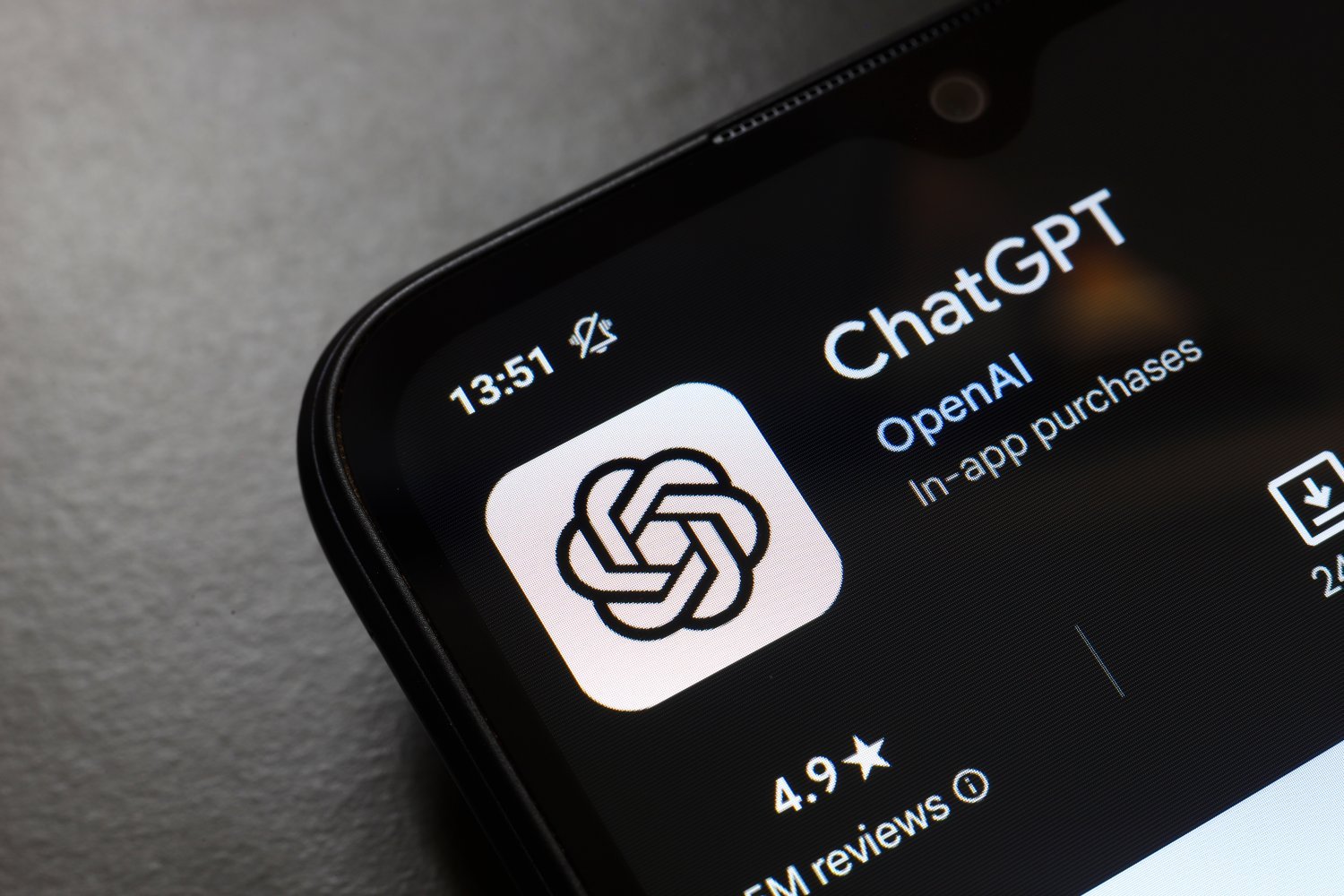OpenAI and some of its users have objected to a court order that requires the company to indefinitely maintain all of ChatGPT’s chat logs as part of an ongoing copyright lawsuit, claiming that holding onto such records amounts to a “nationwide mass surveillance program.” The court was not moved. Judge Ona Wang, who initially issued the order to retain all data from the popular chatbot, rejected multiple requests to overturn the decision—though OpenAI has vowed to continue to fight the order,according to Ars Technica.
The attempts to end the ongoing preservation of chat logs and data came from two ChatGPT users. The first wasfiledby a business owner who uses ChatGPT within his company’s workflow and claimed the order would potentially expose “confidential business operations, trade secrets, source code and intellectual property developments.” Wang rejected that claim on the grounds that the company didn’t hire a lawyer to draft the filing,per Ars Technica.
Anotherrequestto roll back the requirements to store user logs came from a user who claimed they occasionally “highly sensitive personal and commercial information” in the course of using ChatGPT. The user claimed that the order to store all logs would create a “nationwide mass surveillance program” and would potentially harm “all ChatGPT users” who were unaware that their messages would be retained.
Judge Wang was not moved by that, either. “Proposed Intervenor does not explain how a court’s document retention order that directs the preservation, segregation, and retention of certain privately held data by a private company for the limited purposes of litigation is, or could be, a ‘nationwide mass surveillance program,'” shewrotein response to the claim.
Wang’s argument is basically that while her order does require ChatGPT to hang onto everything, including deleted chat logs, it doesn’t mean that it will all be made public. Rather, it’s being retained for this particular case and will only be used in relation to it, and OpenAI is expected to continue trying to fight the order as the case moves forward.
But at the very least, the ruling should serve as a heads-up to users of ChatGPT and other chatbots: your conversations are not guaranteed to be private. While at least one user tried to make the case that it’s the judge’s order that creates a mass surveillance network, it might be worth considering that it’s the technology that has created that possibility, not the order.
Get the best tech, science, and culture news in your inbox daily.
News from the future, delivered to your present.
Please select your desired newsletters and submit your email to upgrade your inbox.
Sure, but let's see these models medal on a 100-yard dash.
The most powerful artificial intelligence company in the world just admitted it needs help from one of its biggest rivals to stay afloat.
You can just say no. You don't have to do any of this crap.
With a newborn at home, a former top engineer details the grueling, 7-week sprint that pushed a small team to its absolute limit to ship a world-changing product.
A former top engineer reveals an organization that runs on secrets, Slack messages, and social media buzz, where world changing AI is built through a combination of brilliance, burnout, and controlled chaos.
Brought to you by the letter "L" for "lawsuit."



 Motivational
Motivational 22 Jul, 2025
22 Jul, 2025 Gary Patel
Gary Patel